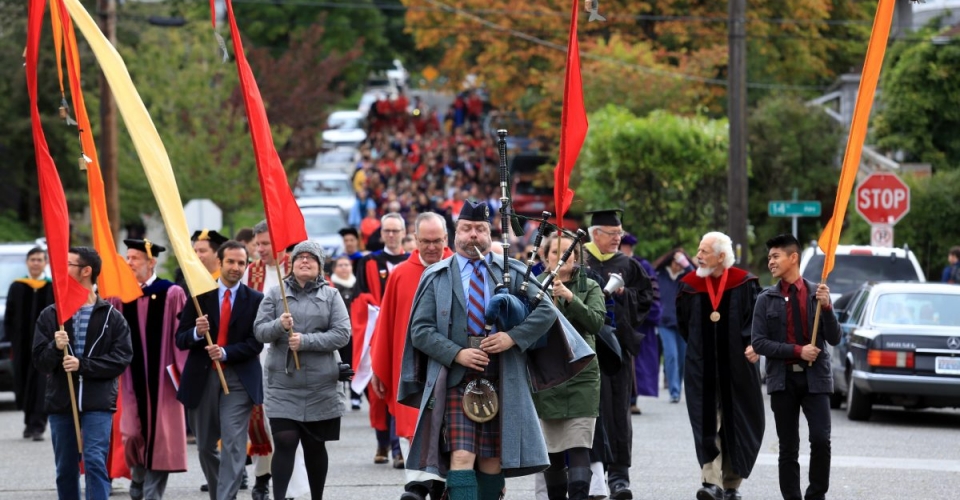The Highland bagpipe is one of Scotland’s most iconic symbols, resonating through centuries of history, tradition, and cultural pride. This majestic instrument, known for its powerful and haunting melodies, has been a key element in Scottish ceremonies, celebrations, and even battles. Today, Scottish local bagpipers continue to keep this time-honored tradition alive, performing at events ranging from weddings and funerals to Highland games and international competitions.
A Brief History of the Highland Bagpipe
The Highland bagpipe has a rich history that dates back centuries, with roots believed to extend to ancient civilizations before it was adopted and refined in Scotland. By the 15th century, it had become an integral part of Scottish culture, especially within the Highland clans. Bagpipes were historically used as instruments of war, rallying troops on the battlefield with their commanding sound.
During the Jacobite uprisings of the 18th century, bagpipes played a crucial role in inspiring Scottish warriors. However, after the Battle of Culloden in 1746, the British government sought to suppress Highland culture, and playing the Highland bagpipe was temporarily outlawed. Despite these restrictions, the tradition endured and later flourished, with the instrument becoming a symbol of Scotland’s resilience and identity.
The Role of Scottish Local Bagpipers in Today’s Culture
Modern Scottish local bagpipers play an essential role in keeping this ancient tradition alive. From solo performers to full pipe bands, these musicians showcase their skills at a variety of events, including:
1. Weddings and Ceremonies
Scottish weddings often feature a bagpiper to escort the bride down the aisle or to lead the newlyweds out of the ceremony. The stirring melodies add a sense of grandeur and tradition to the occasion. Bagpipes are also commonly played at christenings and other significant life events.
2. Funerals and Memorials
The mournful sound of the Highland bagpipe is deeply associated with funerals and remembrance ceremonies. Bagpipers often perform at services to honor the departed, creating a poignant and solemn atmosphere. “Amazing Grace” and “Flowers of the Forest” are two of the most frequently played tunes at memorial services.
3. Highland Games
One of the most famous showcases of Scottish local bagpipers is the Highland Games, where competitors participate in traditional Scottish sports such as caber tossing, hammer throwing, and tug-of-war. These events often feature pipe bands that fill the air with the rousing sound of bagpipes, enhancing the festive spirit.
4. Parades and Festivals
Scottish and Celtic festivals around the world celebrate their heritage with the participation of Scottish local bagpipers. Whether it’s the Royal Edinburgh Military Tattoo or St. Andrew’s Day parades, bagpipers lead processions with their majestic tunes.
5. Competitions and Performances
Bagpiping competitions are held worldwide, with pipers judged on their technique, tone, and musicality. The World Pipe Band Championships in Glasgow is one of the most prestigious events, drawing Highland bagpipe players from across the globe.
The Structure and Sound of the Highland Bagpipe
The Highland bagpipe consists of several key components that contribute to its distinct sound:
- Bag – Acts as the air reservoir, allowing continuous sound production.
- Chanter – The melody-producing pipe, played with both hands.
- Drones – Three pipes that produce a constant harmonic background.
- Blowpipe – Used to inflate the bag with air.
The sound of the Highland bagpipe is unique because it lacks rests or pauses, creating a continuous, immersive experience. The drones provide a deep, resonant hum while the chanter produces the intricate melody.
Learning the Highland Bagpipe: A Dedication to Tradition
Becoming a skilled bagpiper requires dedication, patience, and years of practice. Many Scottish local bagpipers begin their training at a young age, starting with the practice chanter before progressing to the full set of bagpipes.
Piping schools and organizations such as the National Piping Centre in Glasgow and local pipe bands provide training for aspiring musicians. Many bagpipers also learn through family traditions, passing down skills from one generation to the next.
Choosing a Highland Bagpipe and Finding a Local Piper
For those interested in learning or experiencing the grandeur of the Highland bagpipe, there are numerous options to explore:
- Purchasing a Highland Bagpipe – Whether you’re a beginner or a seasoned player, high-quality bagpipes are available from specialized shops in Scotland and online retailers.
- Hiring Scottish Local Bagpipers – If you’re planning an event, hiring a Scottish local bagpiper adds an authentic and unforgettable touch. Many experienced pipers offer their services for weddings, funerals, and special occasions.
- Joining a Pipe Band – If you’re eager to immerse yourself in the world of bagpiping, consider joining a local pipe band to refine your skills and participate in performances.
The Future of the Highland Bagpipe and Scottish Bagpipers
While the Highland bagpipe is steeped in tradition, it continues to evolve with modern influences. Contemporary musicians incorporate bagpipes into rock, folk, and even electronic music, introducing the instrument to new audiences. Bagpipe competitions remain strong, and young generations of Scottish local bagpipers continue to keep the art form alive.
Organizations dedicated to bagpiping, such as the Piobaireachd Society and the Royal Scottish Pipe Band Association, work to preserve and promote this essential part of Scotland’s cultural heritage. With ongoing support and passion, the future of the Highland bagpipe looks promising.
Conclusion
The Highland bagpipe is more than just an instrument; it is a living symbol of Scotland’s rich history and cultural identity. Whether played at grand celebrations, solemn ceremonies, or spirited competitions, its powerful melodies leave a lasting impression on all who hear it. Thanks to the dedication of Scottish local bagpipers, this beloved tradition remains vibrant and continues to captivate audiences around the world.
If you’re looking to experience the beauty of Highland bagpipes, consider attending a local performance, hiring a skilled piper for a special event, or even taking up the challenge of learning this magnificent instrument yourself. The legacy of the Highland bagpipe will undoubtedly continue to thrive for generations to come.
